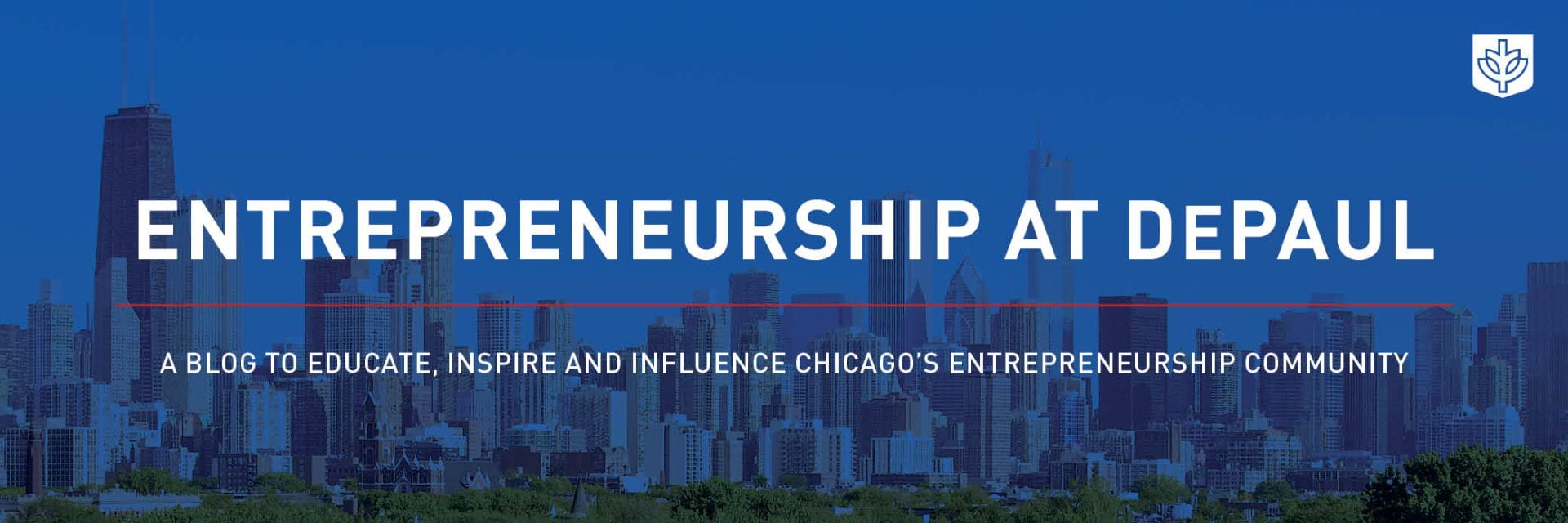Originally published on the ‘Maija Renko’ blog
Written by Maija Renko
The COVID-19 pandemic has created problems witnessed globally and felt within our communities. It has also exposed many underlying issues that are long overdue for solving. In my role as professor, I have observed a number of students struggle in their remote learning environments and display a lack of connection with their peers. Not surprisingly, college students are reporting feelings of depression, loneliness, and anxiety at twice the rate as those of pre-pandemic times. Thankfully, there was one place I was pleasantly surprised to find myself consistently engaging with a highly motivated and hopeful group of students: my Social Entrepreneurship class.
This class is framed as a way for students to learn about creating social change through the power of entrepreneurship. Each semester, we discuss the ideas, processes, and strategies required for creating an impact-driven venture. Students walk away with the understanding that creating this type of business, one that generates social value as well as profits, is well within their reach.
However, teaching this class amidst a pandemic has left students with a less expected, but welcomed, outcome: a sense of agency to affect the present world around them. While learning about social enterprises that seek to create positive change, students were able to feel influence over their own role in that momentum towards a better future. Together as a class, we spent a lot of time discussing ways in which students themselves can generate impact through individual action in the immediate term. Overall, I noticed three areas of agency expressed by a majority of students.
Purchasing Power
Through our discussions, students concluded that they had power as consumers, and that they could easily make changes in their everyday shopping habits to effect change.
One student shared, “I started purchasing a lot more products that were sustainable in their packaging or their materials. I have always been a proponent of environmental change and I believe the only way to change the current trajectory is through conscious change at the cash register. I feel a deeper connection to products I consciously purchase that help make a difference.”
We also talked at length about B Corps and their transition to the mainstream, with many students interested in researching the companies they typically buy from. Another student, after learning about the toxicity and negative environmental impact of their everyday household cleaning supplies, discussed their excitement for discovering a subscription-based B Corp that could help them replace these types of products with more eco-friendly ones. They reported, “I was so excited because the platform curated all the brands and products that met [my] standards. I trust that all the products I’m choosing are non-toxic, cruelty-free, and sustainable. I often think to myself, why aren’t more industries offering this same type of system?”
Doing More Than Donating
Another revelation that many students experienced is that there is more one can do for change than donating time or money to nonprofits. Being surrounded by like-minded individuals and other young people looking to have real social impact, some students began identifying challenges they saw in their own lives and turning them into opportunities for change and personal growth.
“With social entrepreneurship, there needs to be intentionality to address a social ill,” said one student. “I think previous to this class I was always of the mindset of donating my time or money. The experience of this class has allowed me to think about being a thought leader behind the solutions.”
Driving Impact As a Non-Entrepreneur
Additionally, as with all semesters, certain students did not have any immediate plan to start their own business. However, many of them came to the realization that they could create an impact where they were currently employed. “This class pushed me to look at my current work in a different light and work to challenge the norms and constructs to drive change where I can and to get others to think about issues proactively,” noted a student when asked what they got out of the class experience.
Others were able to gain a new sense of awareness of the cultural and social impact of the company one works for, and discovered that there are realistic alternatives to both profits-over-everything and non-profit places of work.
During a period of global crisis caused by COVID-19, in which many felt small and helpless, it was wonderful to watch students realize that there are things they can do that are within their control. Many were ready to step into their power as active contributors to the problems they consider critical to solve — whether they plan to start their own social venture or not.
Contributor Bio
 Maija Renko is a professor and the Coleman Chair of Entrepreneurship at the Driehaus College of Business, where she teaches entrepreneurship and social entrepreneurship courses. Renko also serves as director of the Master of Science in Entrepreneurship Program.
Maija Renko is a professor and the Coleman Chair of Entrepreneurship at the Driehaus College of Business, where she teaches entrepreneurship and social entrepreneurship courses. Renko also serves as director of the Master of Science in Entrepreneurship Program.
